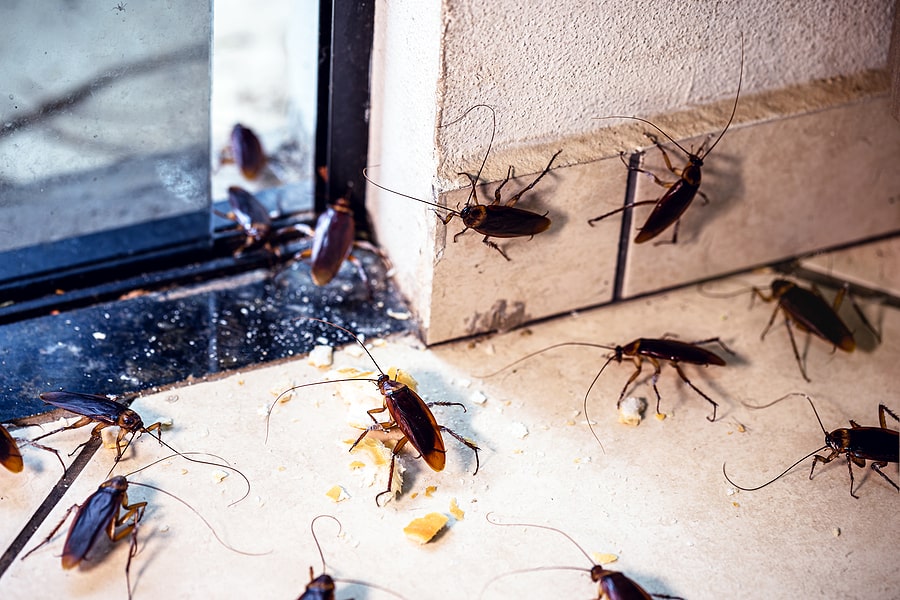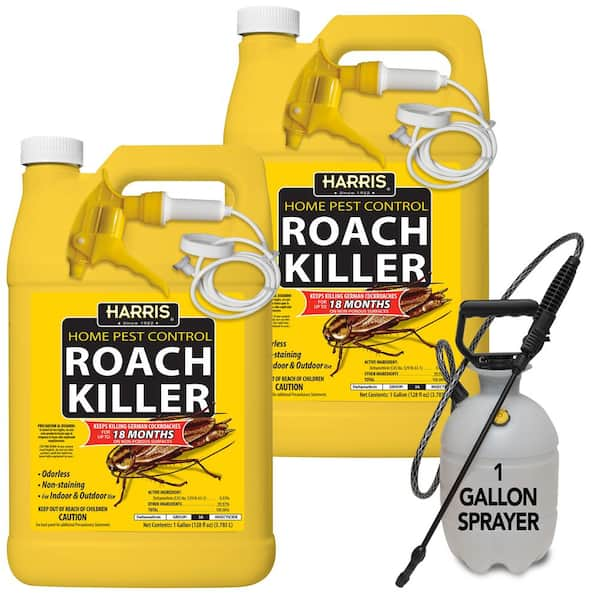Exploring Numerous Bug Control Approaches to Attain Long-Term Success in Taking Care Of and Avoiding Infestations in Suburb
Effective parasite control in domestic locations necessitates a multifaceted strategy that stabilizes prompt results with long-term sustainability. What might these improvements entail, and exactly how can they transform our understanding of parasite control?
Comprehending Pest Control Approaches
Although parasites have actually existed together with human beings for centuries, the techniques used to control them have progressed dramatically in time. Understanding these methods is critical for efficiently taking care of and stopping problems in houses. Pest control strategies can be generally categorized into three main approaches: cultural, mechanical, and chemical.
Social approaches focus on changing the environment to lower parasite destination and breeding. Mechanical control includes physical obstacles and traps to take care of parasites directly, such as screens, vacuums, and sticky traps.
Chemical control remains one of the most extensively used approaches, including the application of pesticides to get rid of insects. Integrated Parasite Administration (IPM) combines these techniques to develop an all natural approach, advertising long-term bug prevention and minimal injury to valuable microorganisms.
Eco-Friendly Insect Control Solutions
Just how can home owners efficiently handle pest problems while lessening their environmental influence? Green parasite control solutions provide a lasting alternative to traditional methods, focusing on the health of both homeowners and the bordering environment. These options commonly use all-natural ingredients and methods that interfere with parasite actions without introducing damaging chemicals into the environment.
One efficient approach is using advantageous pests, such as ladybugs and lacewings, which prey on usual pests like aphids and termites. Furthermore, diatomaceous earth, a natural powder made from fossilized algae, can be sprayed in areas where insects prevail, working as a desiccant that hurts bugs while continuing to be secure for human beings and pets.
In addition, carrying out safety nets is essential. roach control near me. House owners can ensure appropriate cleanliness by sealing entrance points, keeping clean space, and managing waste efficiently. Planting pest-repellent herbs, such as mint and basil, can also prevent undesirable visitors
Ultimately, green bug control remedies empower property owners to address infestations responsibly, fostering a much safer living setting while promoting eco-friendly equilibrium. By accepting these techniques, individuals can add to a healthier planet while effectively handling pest-related issues.
Chemical Insect Control Options
While green services are significantly prominent, there are situations where chemical parasite control alternatives might be essential for effective management of severe problems. Chemical controls, consisting of pesticides, fungicides, and herbicides, are typically made use of to quickly decrease insect populaces and alleviate damage to homes and yards.
These items can be classified right into 2 primary categories: synthetic chemicals and all-natural pesticides. Artificial chemicals, such as pyrethroids and neonicotinoids, are crafted to target particular parasites, offering fast knockdown results. On the other hand, all-natural pesticides, derived from plant or mineral sources, might supply a more eco pleasant alternative while still providing reliable outcomes.
Before employing chemical parasite control, it is crucial to perform a comprehensive evaluation of the problem and recognize the specific pest included. This makes sure that the picked chemical is both effective and ideal. Furthermore, homeowners have to stick to security guidelines, consisting of appropriate application methods and personal Your Domain Name protective devices, to lessen health and wellness dangers and ecological influence.
Integrated Pest Management Techniques

Biological control includes the usage of natural killers or parasites to handle pest populations. Physical controls, like catches or obstacles, can avoid parasites from entering homes or damaging plants.
Surveillance and evaluation are vital elements of IPM, enabling timely interventions based on pest population thresholds. By focusing on preventive steps and using a mix of techniques, IPM not only addresses current invasions yet additionally cultivates long-term bug administration solutions that safeguard both human health and wellness and the setting. This comprehensive approach is crucial for sustainable pest control in suburbs.
Arising Technologies in Parasite Control
The advent of emerging technologies in pest control is changing the way we manage pest populations, providing ingenious services that improve effectiveness and effectiveness. Advancements in precision farming, as an example, use More Info data analytics and sensing unit technologies to monitor parasite activity and environmental problems, permitting targeted interventions that reduce pesticide use.
Additionally, drones geared up with imaging technology are being used to evaluate big locations for problems, supplying real-time data that aids in prompt decision-making. Furthermore, biotechnology is playing a crucial duty, with the advancement of genetically customized organisms (GMOs) designed to lower insect populations while preserving useful species.

Lastly, wise catches and monitoring gadgets equipped with IoT capabilities make it possible for property owners and bug control specialists to obtain instantaneous informs concerning parasite task, helping with timely action. Collectively, these emerging innovations not only enhance bug management results however also add to environmental sustainability by minimizing reliance on conventional chemical therapies.

Conclusion
In verdict, effective bug control demands a multifaceted approach that includes cultural, mechanical, and chemical techniques. Highlighting green options and Integrated Insect Administration can cause lasting methods that not just minimize infestations however likewise boost the ecological equilibrium within suburbs. By embracing ingenious innovations and embracing safety nets, homeowners can foster much healthier environments while decreasing reliance on harmful chemicals. The integration of these techniques is vital for achieving long-lasting success in parasite administration.